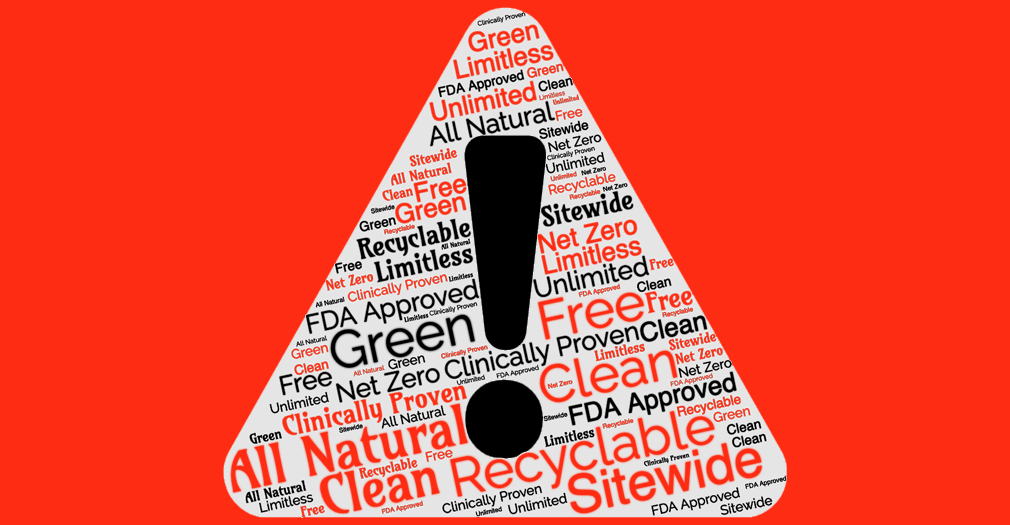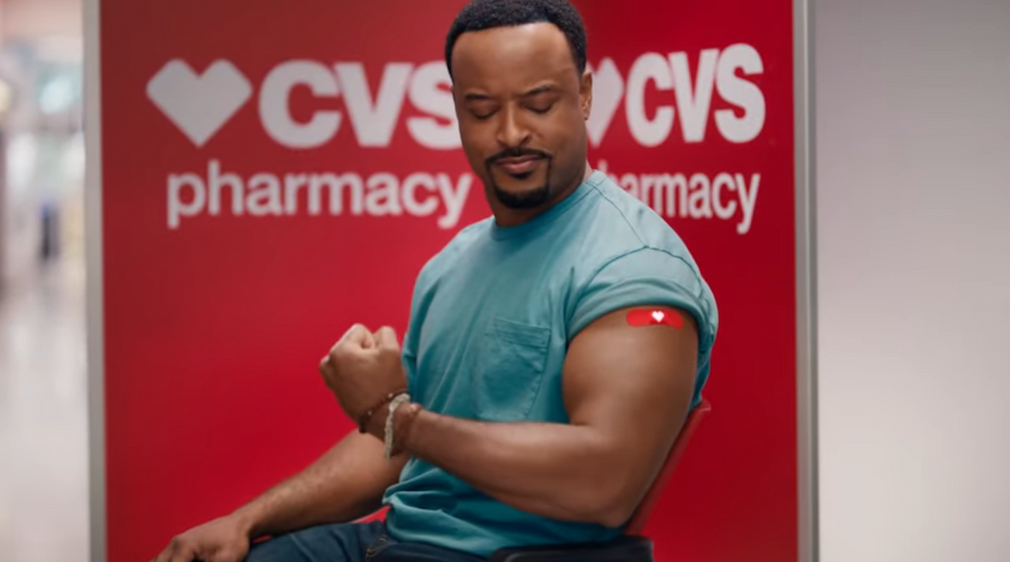
April Fools: How Some Companies Prank Consumers with Common Marketing Terms
These definitions are a joke.
FDA targets companies selling eye drops illegally marketed to treat conditions like pink eye.
The FDA has its eyes on marketers who overstate the health benefits of their ophthalmic products.
Last week the FDA sent warning letters to eight companies selling eye drops illegally marketed to treat conditions like conjunctivitis (also known as pink eye), cataracts and glaucoma, among other ailments.
“The FDA is particularly concerned that these illegally marketed, unapproved ophthalmic drug products pose a heightened risk of harm to users because drugs applied to the eyes bypass some of the body’s natural defenses,” the agency said in a press release.
Some of these eye products are labeled to contain silver, which may be characterized as silver sulfate, silver sulphate or argentum. Long-term use of drugs containing silver can cause some areas of the skin and other body tissues, including in the eye, to permanently turn gray or blue-gray, which is called “argyria.”
The FDA issued warning letters to the following companies regarding their unapproved drug claims, which appeared on company webpages and social media accounts, in Amazon listings and on product labeling:
The letters gave the companies 15 days to respond with how they plan to correct the violations cited by the agency.
Find more of our coverage on eye products here.
Our Ad Alerts are not just about false and deceptive marketing issues, but may also be about ads that, although not necessarily deceptive, should be viewed with caution. Ad Alerts can also be about single issues and may not include a comprehensive list of all marketing issues relating to the brand discussed.
These definitions are a joke.
An FDA panel’s recent findings has led to a flood of lawsuits.
This ad hits different when you read the fine print.

